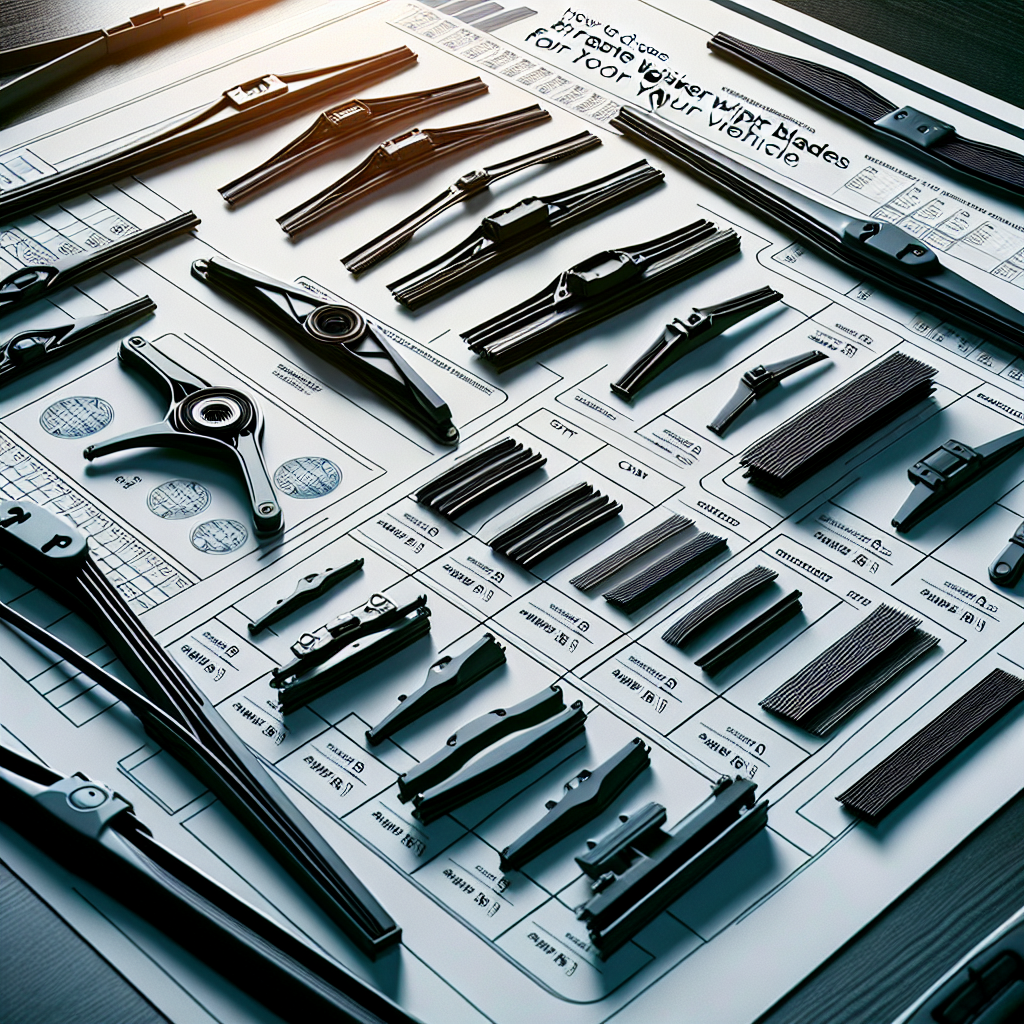When it comes to procuring auto parts for your vehicle, the debate between cost and value is inevitable. Vehicle owners often have to make a decision on whether to prioritize the upfront costs of replacement parts or consider the long-term value derived from their investments. Understanding the intricate balance between cost and value can make a significant difference in your overall driving experience and vehicle longevity.
Let’s dive deep into the factors that you should consider when evaluating both cost and value in the realm of auto parts.
Quality Over Quantity
The quality of auto parts is paramount. While it might be tempting to go for the cheapest option available, it’s essential to assess the quality. High-quality auto parts tend to have better durability and performance, offering long-term benefits that cheaper alternatives might not provide. For example, premium brake pads may cost more initially, but their increased lifespan and better performance under stress can save you money on future replacements and improve safety.
Warranty and Guarantees
Another critical aspect to weigh in on is the warranty or guarantee that comes with the auto parts. Parts with substantial warranties might have a higher price tag, but the guarantee can provide peace of mind and reduce future expenses. Manufacturers who offer extended warranties often do so because they have confidence in the durability and reliability of their products.
Brand Reputation
The reputation of the brand can significantly affect both the cost and the value of auto parts. Well-established brands usually have a proven track record for reliability and performance. Investing in auto parts from reputable manufacturers means you’re less likely to experience issues down the line, saving you both time and money in repairs and replacements. For an informed choice, consider checking reviews and ratings from automotive experts and car enthusiasts.
Compatibility and Specifications
An often-overlooked factor is the compatibility of the auto parts with your specific vehicle make and model. Incorrectly fitted parts can lead to more significant issues and costly repairs. Always ensure that the parts you purchase meet the specifications recommended by your vehicle’s manufacturer. Reliable sources often provide detailed fitment information to help you make the best decision. For reference, you can see specifications details here.
Installation Costs
While evaluating cost and value, don’t forget about the installation process. Some auto parts may be cheaper but could require complex installation procedures, leading to higher labor costs. Alternatively, simpler parts might have higher initial costs but lower installation expenses. It’s crucial to consider the total cost, encompassing both the parts and the installation.
Long-Term Performance
Value isn’t always about what you save immediately but how the part performs over time. Parts that require frequent replacements end up being more costly in the long run. Items like high-efficiency air filters, synthetic oils, and robust batteries can increase your vehicle’s performance and reduce overall maintenance costs, offering better value over time.
Resale Value
Last but not least, consider how the parts you choose impact your vehicle’s resale value. High-quality parts can enhance the performance and appeal of your vehicle, possibly fetching a higher resale price. On the other hand, using substandard parts can detract from your vehicle’s value.
Conclusion
When it comes to buying auto parts, the best approach is to focus on the long-term value rather than just the initial cost. Factors like quality, brand reputation, warranties, compatibility, and long-term performance play crucial roles in ensuring that you make a wise investment. By evaluating all these components, you can optimize both the cost and the long-term value of your auto parts.
Selecting the right auto parts for your vehicle is a decision that can significantly affect your driving experience and vehicle lifespan. Therefore, making an informed decision by considering the value in addition to the cost can save you money, time, and hassle, ensuring you get the best out of your investment.
So the next time you’re in need of auto parts, take a moment to think about not just the cost but the overall value you stand to gain.


